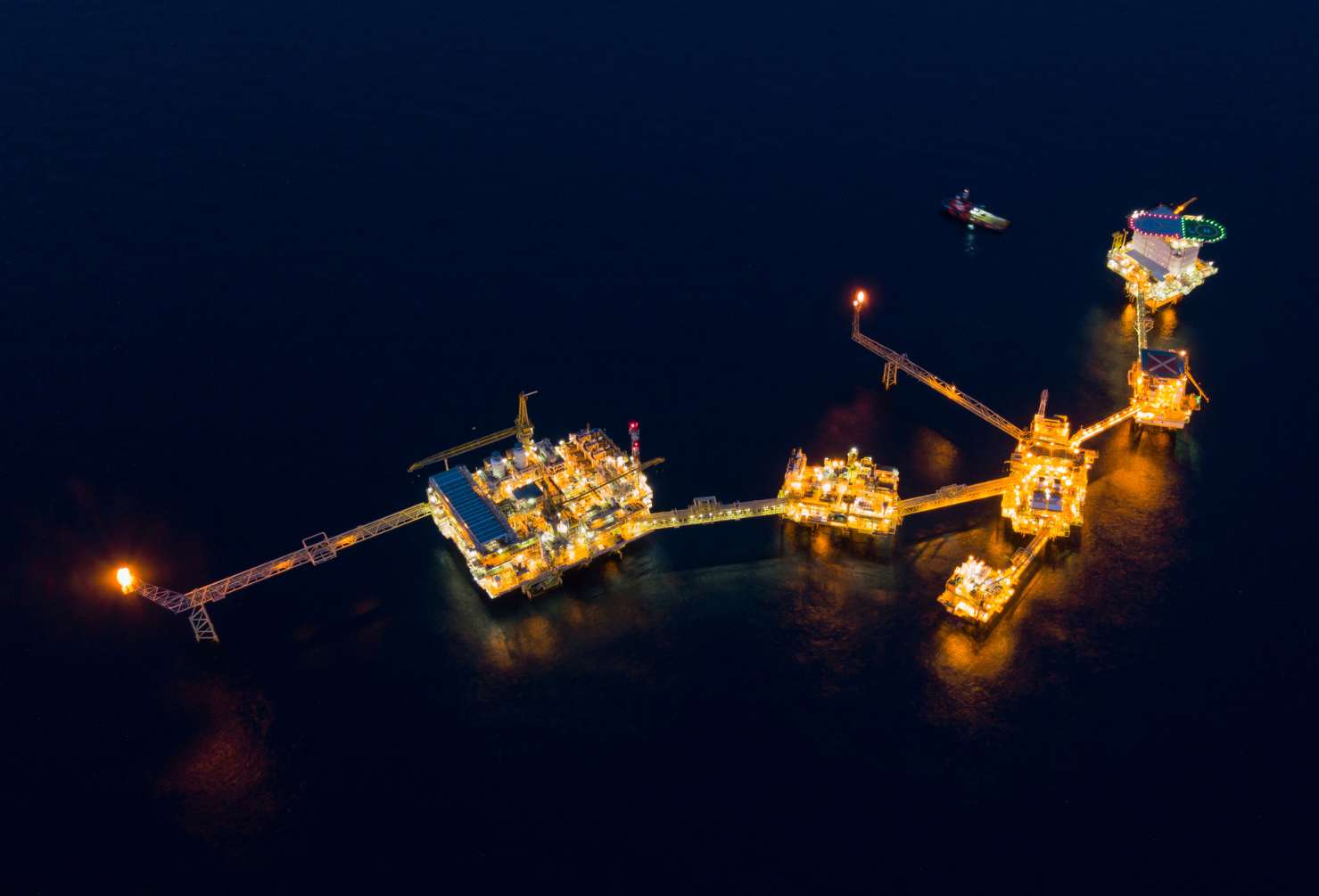
The oil and gas industry, traditionally known for its reliance on heavy machinery and manual processes, is undergoing a digital transformation that is reshaping its operations and redefining careers—particularly for engineers. In Australia, the adoption of advanced digital technologies such as artificial intelligence (AI), machine learning, automation, and big data analytics is becoming central to the industry’s evolution.
This shift is not only changing how the sector operates but also redefining the roles and skill sets required of its workforce. This blog delves into how digital transformation is impacting engineering careers in the oil and gas industry and what engineers can do to stay ahead in this dynamic environment.
The Role of Digital Transformation in the Oil and Gas Sector
Digital transformation is revolutionising the oil and gas sector in several fundamental ways:
1. Optimising Operations and Reducing Costs
Digital technologies are being employed to optimise various aspects of oil and gas operations. For example, predictive analytics and AI are used to monitor equipment health and predict failures before they occur, reducing downtime and maintenance costs. Similarly, automation and robotics are being deployed to carry out repetitive and hazardous tasks, enhancing safety and operational efficiency. Engineers are now expected to work closely with digital tools to analyse data, optimise workflows, and make informed decisions.
2. Enhancing Safety and Environmental Compliance
Safety is paramount in the oil and gas industry, and digital technologies are playing a crucial role in enhancing safety standards. IoT sensors, for example, are used to monitor real-time conditions on offshore rigs and pipelines, providing early warnings of potential safety hazards. Engineers are increasingly responsible for integrating these technologies into operations to ensure compliance with safety and environmental regulations. This requires a new blend of traditional engineering skills and digital literacy.
3. Driving Innovation through Digital Twins and Virtual Reality
Digital twins—virtual replicas of physical assets—are becoming a game-changer in the oil and gas sector. Engineers use these digital models to simulate and analyse different scenarios, optimise processes, and plan maintenance activities. Similarly, virtual reality (VR) is being used for training and planning, allowing engineers to visualise complex operations in a safe and controlled environment. These technologies are enabling engineers to innovate and improve operations without the need for costly physical interventions.
4. Facilitating the Energy Transition
As the world moves towards cleaner energy sources, the oil and gas industry is also seeking ways to reduce its carbon footprint. Digital technologies are integral to this transition, helping companies to monitor emissions, optimise energy usage, and integrate renewable energy sources. Engineers are increasingly required to develop digital solutions that support sustainability goals, such as implementing energy-efficient processes and integrating carbon capture and storage (CCS) technologies.
Impact on Engineering Careers
The digital transformation of the oil and gas industry is creating new opportunities and challenges for engineers:
1. Demand for New Skill Sets
The integration of digital technologies into oil and gas operations is creating a demand for engineers with new skill sets. Traditional engineering roles are evolving to include expertise in data science, programming, and digital tools. Engineers are expected to be proficient in using software for modelling and simulation, analysing large datasets, and developing algorithms for automation and predictive maintenance.
2. Emergence of Hybrid Roles
As digitalisation continues, hybrid roles that combine traditional engineering skills with digital expertise are emerging. For example, roles such as digital project engineers or automation engineers require a solid understanding of both engineering principles and digital technologies. These hybrid roles are becoming increasingly important as companies seek to leverage digital tools to enhance operational efficiency and drive innovation.
3. Career Progression and Opportunities
Digital transformation is also opening up new career paths and opportunities for engineers. Engineers with digital skills are in high demand and are often fast-tracked into leadership roles. Companies are looking for professionals who can lead digital transformation initiatives, manage cross-functional teams, and drive innovation. This presents an opportunity for engineers to advance their careers by developing digital expertise and taking on strategic roles within their organisations.
4. Adapting to a Changing Work Environment
The shift towards digitalisation is also changing the work environment for engineers. Remote monitoring and digital tools mean that engineers can work more flexibly, often from remote locations or even from home. This increased flexibility is changing the nature of work in the industry, making it more accessible to a diverse workforce and potentially improving work-life balance.
Strategies for Engineers to Stay Ahead
To thrive in this evolving landscape, engineers need to adopt proactive strategies to develop their skills and stay competitive:
1. Invest in Digital Education and Training
Engineers should actively seek opportunities to enhance their digital skills. Many online platforms offer courses in data science, machine learning, and programming languages such as Python and R. Additionally, engineers should consider obtaining certifications in digital tools and technologies relevant to the oil and gas sector, such as digital twins, predictive analytics, and IoT.
2. Participate in Cross-Disciplinary Teams
Working in cross-disciplinary teams that include IT professionals, data scientists, and digital strategists can provide valuable experience in digital projects. Engineers should seek opportunities to collaborate on digital initiatives within their organisations, learning from colleagues with different skill sets and perspectives.
3. Embrace a Culture of Continuous Learning
The pace of technological change means that continuous learning is essential. Engineers should stay informed about the latest developments in digital technologies and how they are being applied in the oil and gas sector. Attending industry conferences, participating in webinars, and reading industry publications can help engineers stay updated on the latest trends and best practices.
4. Seek Mentorship and Networking Opportunities
Mentorship and networking can provide valuable insights into digital transformation and career development. Engineers should seek mentors who have experience in digital projects and can provide guidance on developing digital skills. Networking with peers and professionals from other industries can also offer new perspectives and ideas for applying digital technologies in the oil and gas sector.
5. Be Open to Change and Innovation
Digital transformation requires a mindset that is open to change and innovation. Engineers should be willing to experiment with new technologies, challenge traditional ways of working, and embrace new approaches to problem-solving. This flexibility and openness to innovation will be key to thriving in a digitally transformed oil and gas industry.
Digital transformation is redefining engineering careers in Australia’s oil and gas industry, creating new opportunities for those who are prepared to adapt and innovate. Engineers who embrace digital technologies, develop new skills, and adopt a proactive approach to career development will find themselves well-positioned to thrive in this dynamic environment.
As the industry continues to evolve, the ability to combine engineering expertise with digital proficiency will be a critical differentiator in the years ahead.





